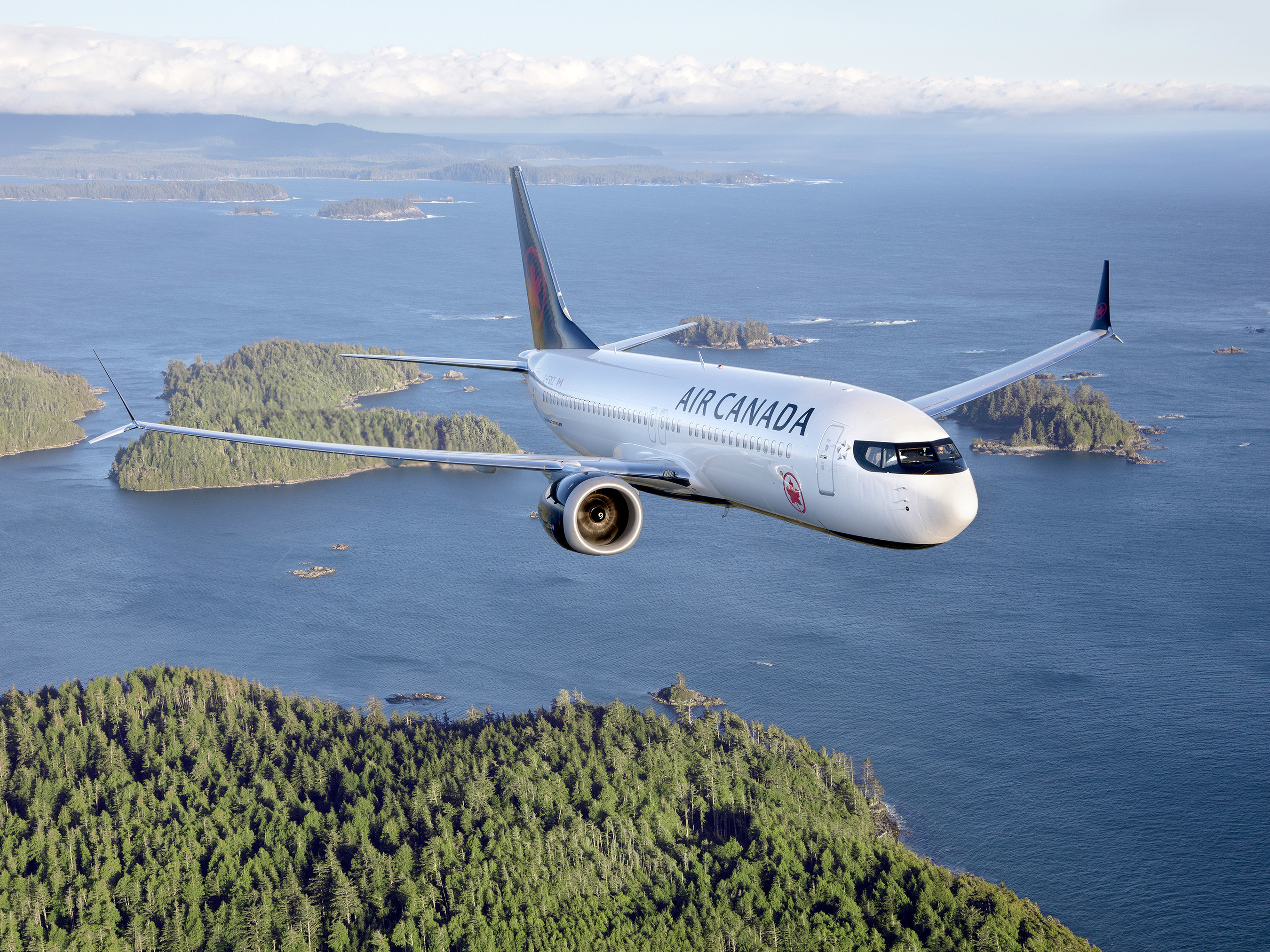
News
Air Canada announces program to dedicate sustainable aviation fuel to four flights
April 22, 2022
By
Canadian Manufacturing


Through its Leave Less Travel Program, Air Canada is sourcing its SAF from Neste, a leading producer of renewable fuels, which will provide the airline with Neste MY Sustainable Aviation FuelTM. (CNW Group/Air Canada)
MONTREAL — On Apr. 22, Air Canada announced that it will dedicate Sustainable Aviation Fuel (SAF) to four commercial flights departing from San Francisco to its major hubs in Toronto, Vancouver, Calgary, and Montreal.
Through its Leave Less Travel Program, Air Canada is sourcing its SAF from Neste, a producer of renewable fuels, which will provide the airline with Neste MY Sustainable Aviation Fuel(TM). Powering aircraft with SAF directly reduces greenhouse gas emissions (GHG) at the source. These four flights will allow Air Canada to reduce emissions by approximately 39 tonnes of CO2e, compared with the combustion of conventional fossil jet fuel.
“Today we reaffirm our strong, ongoing commitment to sustainable aviation and reaching net-zero GHG emissions by 2050. Air Canada has been involved in the advancement and development of sustainable aviation fuel for a decade and we are proud to continue to lead the way in Canada when it comes to aviation climate action,” said Teresa Ehman, Senior Director, Environmental Affairs at Air Canada.
“The road to decarbonizing aviation requires a collective effort and is why Air Canada actively works with government, producers, and aviation stakeholders to accelerate and develop a commercial production of SAF in Canada. Because SAF will play an important role in decarbonizing the industry, we welcome corporate Canada to join our Leave Less Travel Program to increase the market demand for SAF in Canada as well as to reduce the environmental impacts of their business travel.”
With Air Canada’s Leave Less Travel Program, corporate customers can purchase SAF, carbon offsets or a combination of both to offset or reduce GHG emissions related to business travel and reduce their carbon footprint.
Print this page